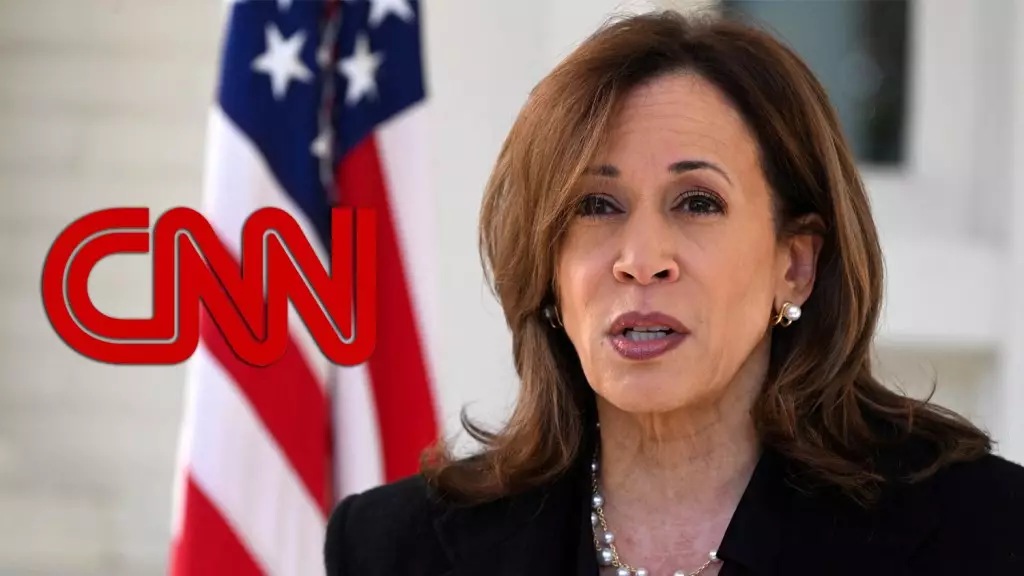In the wake of recent comments made by General John Kelly, the former chief of staff to Donald Trump, political divisions in the United States are becoming more apparent. Vice President Kamala Harris weighed in on these remarks during a live town hall, describing them as a “911 call to the American people.” Kelly’s confirmation that he identifies Trump as “certainly” fitting the definition of fascism has reverberated throughout the political spectrum, igniting fierce debate around Trump’s fitness to return to the White House.
Harris’s sharp condemnation of Trump’s behavior since his presidency underscores a growing concern among Democrats regarding the potential for a radical shift in U.S. governance. She referred to Trump’s remarks about historical figures like Adolf Hitler as “deeply troubling.” Such statements highlight a pattern that many political analysts interpret as an alarming flirtation with authoritarianism, stirring fears of an alt-right agenda resurfacing in American politics.
Setting the Stage for the 2024 Election
As Election Day approaches, the stakes are raising for both parties. With only days left until voters head to the polls, the upcoming town hall events and campaign appearances become critical platforms for each candidate. Harris plans to deliver her closing argument at the Ellipse, a significant site intertwined with the Capitol riots on January 6. This choice is not incidental; it serves as a reminder of the volatile events that led to deep national divides, amplifying the urgency of the upcoming election.
Notably absent from this political fray is Trump himself, who has opted to engage in a series of rallies instead of traditional town halls or debates with Harris. His rallying cry in Georgia, described metaphorically by Tucker Carlson as a paternal figure addressing his “disobedient children,” illustrates a strategic appeal to his base—one that prioritizes a confrontational and emotive connection over conventional political discourse. This imagery underscores a unique messaging strategy that resonates with his supporters, framing his leadership as a much-needed corrective in turbulent times.
Broader Implications for American Democracy
The allegations that Trump praised figures associated with oppressive regimes raise critical questions about the ideological direction of a potential second Trump presidency. The public dialogue around such subjects influences not just the immediate electoral outcome, but also the long-term health of American democracy. When leaders engage in rhetoric reminiscent of fascism, it shifts the political landscape, prompting citizens to question the underlying values that underpin their governance.
Ultimately, the unfolding political drama encapsulated by the opposition between Harris and Trump bears witness to a broader narrative: the struggle between traditional democratic ideals and a burgeoning populism that threatens to upend norms. As the nation gears up for a consequential electoral contest, the ramifications of these discussions will likely shape the political terrain for years to come, leaving citizens to ponder the trajectory of their republic.

